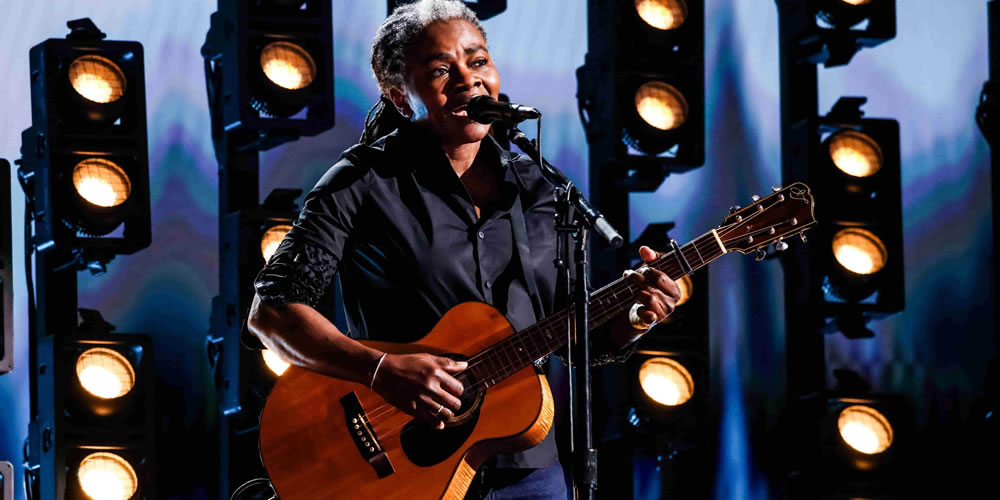Tracy Chapman Refuses to Stream Music: Advocating for Physical Music Purchases
Tracy Chapman, the well-known and legendary singer-songwriter, recently reflected on the current trends in the music industry and has decided not to stream music. In an interview with The New York Times, Chapman was blunt in her conviction that buying CDs and vinyl records is the only truly fair way for an artist to get paid for what they do. On this one issue, Chapman provides an insight into her values, especially during such times when streaming has become synonymous with listening to music.

Chapman’s Commitment to Physical Music Purchases
When questioned about her listening habits, Chapman said that she still appreciates music even if she listens to it less now than she did in the past. She admitted that times have changed, but one of the things she stands up for is physical music. This sort of media, in my view, should gain a preference over streaming; on streaming, the money seems to disappear, Chapman said, emphasizing that purchasing physical copies, be it CDs or vinyl, directly benefits the artist. Again, she points out that digital streaming is a hard thing for musicians, and most importantly, buying CDs means putting money directly into the hands of those musicians. It is something Chapman sees as fundamental to the integrity of an industry.
The Challenge of Finding Music in the Physical Format
While digital streaming is becoming convenient, Chapman continues to devote attention to purchasing music in its physical form. She notices that this sacrifices some of her options since tracking albums is much more complex and tough. "It is a physical commitment to go out into the world and find things," she said. Even so, Chapman sounds content with the process, claiming that she was still looking for new music out there physically, even if such a search would be more awkward than simply pulling it off a streaming site.
Appreciating Modern Artists Despite Differences in Music Style
So that brings us back to Chapman on modern-day artists, especially those like Chappell Roan and Charli XCX. Despite Chapman's feeling that there is a distinction between their styles and hers, she nonetheless voiced support for their achievement. In her words: "It's not music that I would make, but I appreciate that we're in this moment where there's a path for artists like that, and they can even have success." This statement reflects that Chapman is forward-thinking enough to embrace what the industry might consider trends, while still holding fast to her values about artist pay and physical music media.
Chapman’s Resurgence and Continued Influence
As Chapman offered undoubted credence to the other artists' presence and influence on today's music world, the artist also graced the Grammy stage in 2022. He performed one of his most famous songs Fast Car featuring Luke Combs in conjunction, at whose hands the song was dusted off with a beautifully chart-topping version of his own. This was Chapman's first time performing live after a hiatus of nine years, thus driving massive streams for the original song, released in 1988, soon after. Daily streams shot up massively by 241% from 248,000 to almost one million. In this sense, not only did the moment remind us that Chapman's music endured, but it also demonstrated her importance in the modern music industry.
A Long-Lasting Legacy
Chapman has not released albums since her last in 2008, yet she still sounds in the ears of old and fresh listeners. The eighth studio album from Chapman, titled Our Bright Future, closed her chapter on a long and victorious journey. Nevertheless, Chapman is still part and parcel of the music industry. Tracy Chapman constantly reminds people of the importance of going out and buying records, but that might also kind of make one think about what her arguments might be in our digital-first world regarding supporting artists and integrity around the consumption of music.
Above all, Tracy Chapman's attitude toward streaming and endorsing physical music purchases is a testimony to her mission to get artists fair pay for their art. There are many disappointments in the current modern music industry. Nevertheless, Chapman has remained one of the few stalwart advocates for maintaining physical music formats, a model of what artists may avail themselves of in adjusted approbation for time changes, but holding firm to their principles.








